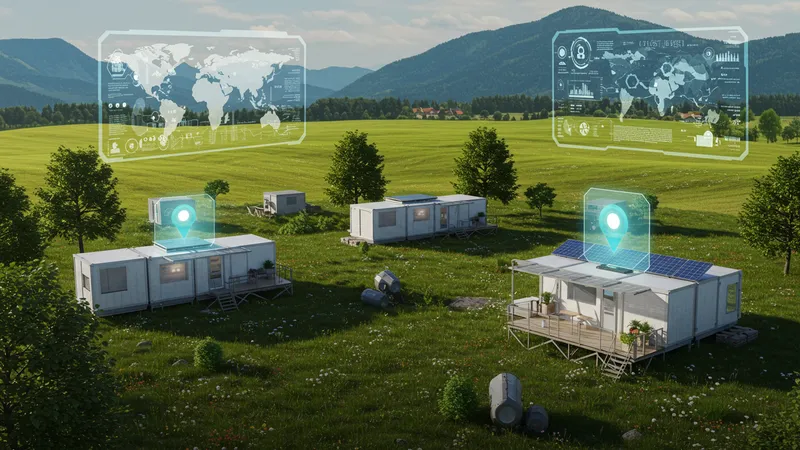
Innovative Solutions For Real Estate: Customer Management Software And Prefabricated Buildings
The Future of Real Estate: Beyond Traditional Models
The real estate sector is evolving beyond traditional paradigms, partly due to the integration of tech and modular solutions. The market has seen an influx of tech-savvy buyers who demand futuristic living spaces equipped with modern amenities. This shift is prompting developers to innovate continuously, leveraging technology for smarter construction methods and user-centric designs. But what’s happening next changes the game completely.

The movement towards decentralization is gaining traction. As remote work becomes mainstream, the demand for adapted living spaces and smart rural homes is increasing. Prefabricated, tech-enabled homes that can be easily transported and installed are set to redefine accessibility and location freedom. This upheaval could alter real estate strategies worldwide. But this isn’t all…
Real-time adaptability of spaces is more than a trend—it’s a necessity. The ability to modify interiors and functionalities on short notice or adjust for different purposes is leading to a new era of resilience in property management. This unprecedented flexibility enables tailored approaches for fluctuating demands. Yet, there’s still more ground-breaking news.
On a macro scale, integrating real estate developments with sustainability and smart technology could impact urban planning significantly. Eco-friendly and intelligent infrastructures are pushing towards the creation of smart cities, emphasizing efficient resource use and optimized living conditions. The implications could be mammoth for future generations. What follows might be the greatest shift of all.